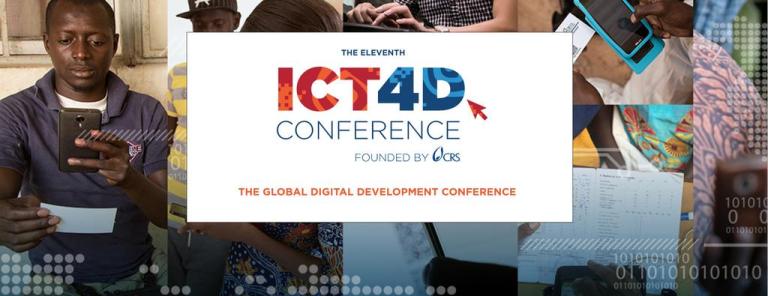The use of technology in the humanitarian and development sector is growing fastest in Asia, followed by Africa, the 2nd Annual survey of ICT use released on 30th April 2019 at Speke Resort Hotel in Kampala has revealed.
It was released at the start of the 11th Information Communications Technology for Development Conference (ICT4D) .
The Catholic Relief Services (CRS), which conducted the technology-themed survey of NGO workers, is also the founder and lead sponsor of the conference.
In addition to the poll’s results about where the NGO community sees the fastest growth in technology, the survey finds that the majority of users of technology are still the staff of aid and development organizations.
“It’s not enough that we have technological capability at our fingertips. We have to get technology into the hands of local partners and program participants,” said Jennifer Poidatz, CRS Vice President of Humanitarian Response, who gave the keynote address at the conference.
“We must nurture the grass roots of preparedness and recovery,” he added
The ICT4D Conference is an annual gathering that brings together hundreds of people from across the humanitarian and development sector, as well as the academic, tech and government sector. CRS founded the conference in 2010 to advance the use of technology in the delivery and evaluation of humanitarian and development services.
The major highlights from the 2019 survey indicates that 47% of respondents identified Asia as having the most rapid growth in ICT4D compared to 33% who identified Africa.
However, it shows that 62% of respondents indicated their own staff are the largest user of ICT4D and that only 24% of organizations identified program participants as primary users, and partners reported 14%.
In her opening remarks, Poidatz expressed concern that the survey shows a relatively low use of ICT4D among program participants given that three years ago the international community vowed to increase the capacity, voice, and leadership of “those on the front lines of response and recovery” as part of the “Grand Bargain.”
But she went on to describe several CRS programs aimed at addressing this problem by increasing local ICT4D use, including a cash assistance program in 12 countries that gives simple debit cards to disaster victims and inexpensive smart phones to local vendors.
“We don’t have all the answers. We are stretching to fulfill our promises to build capacity of local leadership. Let’s ensure that technology helps us hear and respond to those whose voices are not being heard, to empower local responders and affected communities,” Poidatz concluded in her keynote address.
By Drake Nyamugabwa





